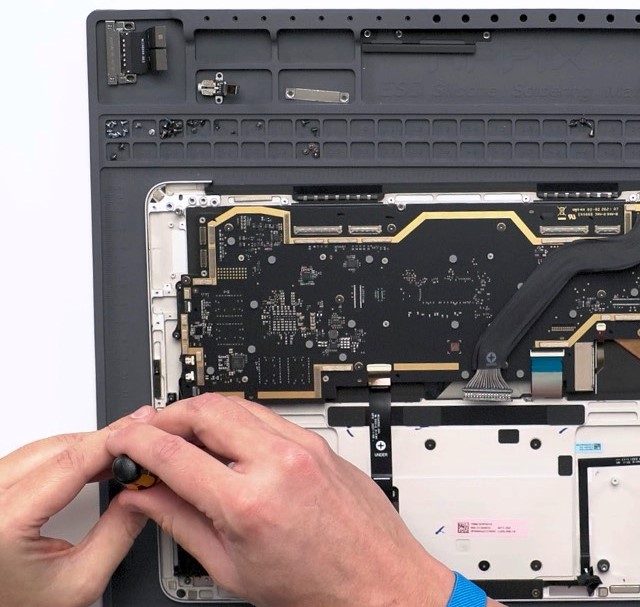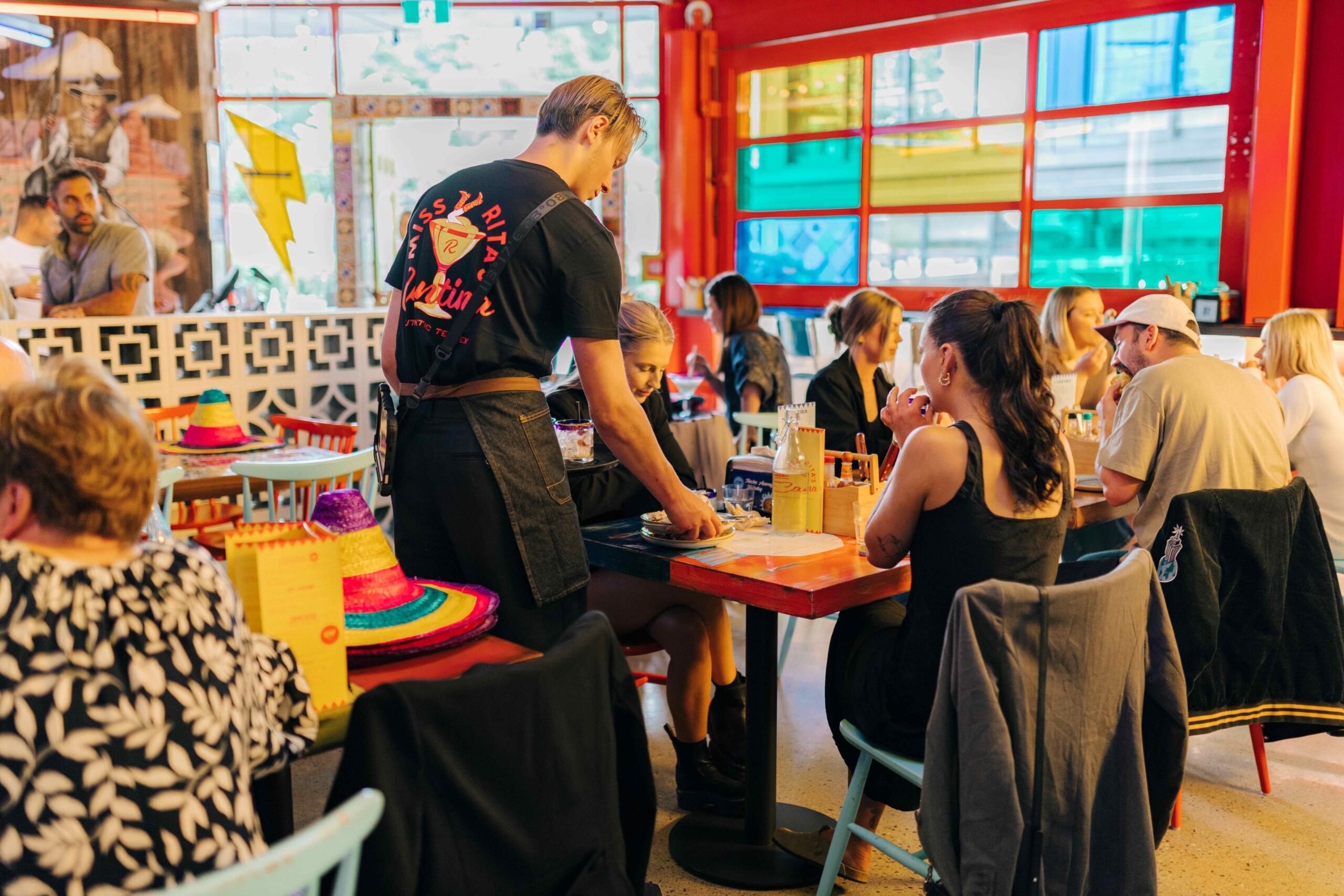Speed event matches interns with Dunedin companies
Enterprise Dunedin’s Sexy Summer Jobs (SSJ) speed interview event this month matches tertiary students with Dunedin companies wanting to take on interns.
Enterprise Dunedin’s Sexy Summer Jobs (SSJ) speed interview event this month matches tertiary students with Dunedin companies wanting to take on interns. Interns can be employed for up to six months through the programme.
Businesses can apply for an intern through www.sexysummerjobs.com and may meet their potential intern at a speed interview event on 19 September. At this event, business people can talk with students about their business needs and students can tell businesses about their skills.
Enterprise Dunedin Business Development Advisor Chanel O’Brien said the programme is an easy way for growing Dunedin businesses to link to students.
“It allows businesses to take the chance to employ a talented person in a cost effective, low risk way. Businesses are more likely to take on an intern if their risks are reduced. It allows the city to retain the talent the tertiary sector produces, meets business needs, and creates jobs in Dunedin,” Ms O’Brien said.
“The programme is showing students there are jobs for them in Dunedin and encouraging them to stay,” she said.
Businesses taking part in the programme are eligible for funding to help cover the costs of the intern’s remuneration.
The University of Otago, Otago Polytechnic and Firebrand collaborate with Enterprise Dunedin to organise the event, being held at 5pm on 19 September at the Otago Polytechnic Hub.
SSJ case study: Southern Clams intern Miao Zhang
Roger Belton, Managing Director of Dunedin company Southern Clams, is a firm believer in internships. He’s supported Enterprise Dunedin’s Sexy Summer Jobs programme since its inception in 2009; most years he takes on interns to work at his clam (cockle) company.
In 2014, he made the fortuitous decision to employ an intern, Miao Zhang (pictured), through Sexy Summer Jobs. She was a Chinese marine science student studying at the University of Otago.
He had a project in mind for Miao, which Southern Clams staff were too busy to tackle. She began analysing harvesting data that had been collected by the company for 30 years. Although she was a marine scientist and not an IT specialist, her marine science background and knowledge equipped her to interpret the data. During her paid six-week internship, Roger discovered she had excellent data analysis skills, as well as other skills valued by the company. Consequently, he offered her a full-time permanent position.
Miao says she is now enjoying her first job in New Zealand. “I had worked in China before coming to New Zealand to study, but the experience here has been completely different. My director, colleagues and work environment have been awesome. I feel I’ve been treated as a member of the family instead of just a worker, which is different from what I expected and have experienced in the past.”
Miao has a bachelor’s degree in marine science from Ocean University in Qingdao, China, and a graduate diploma in marine science from the University of Otago (where she studied as an international student). Although she is now working full-time, Miao is still a student – she is studying for her Masters in Marine Science at Otago University, sponsored by Southern Clams. As part of her masters, she is looking at the productivity of clams from Blueskin Bay, which is the company’s main harvesting area.
She is also researching a new type of seaweed the company is considering commercially harvesting. Wakame (Undaria), a species accidentally introduced to New Zealand 30 years ago, is considered a pest because it could smother native seaweeds. Seaweed is used widely in Asian cuisines, especially in Japan, Korea and parts of China, and NZ is just starting to realise its high nutritional value.
Miao’s Mandarin language skills have also helped the company access expertise in China. She translated when Roger visited China’s biggest seaweed production companies earlier this year and both learned a great deal from this company.
Roger explains employing interns like Miao helps broaden his company’s cultural horizons. “Interns give us a foreign perspective. We’re an export company focused on providing goods and services for overseas markets – foodstuffs that are appreciated by foreigners. As our target markets are dominated by foreign cultural demands, it helps to employ foreign people who have other perspectives. Roger employs people from all over the world – from Polynesia, France, Poland, China, Africa, India, Spain and Italy.
Research by interns has progressed his company by helping to answer technical questions to improve its products.
One food technology student researched the problem of how to extend the shelf life of their shellfish.
“We were investigating different options to diversify our range of products. We face challenges selling our live and fresh products to some overseas markets. Australia doesn’t accept live shellfish from NZ, and transportation to other markets is difficult.”
“Our intern investigated shucking (taking fish from the shell), high-pressure processing, and processing with liquid nitrogen, making comparisons between product qualities. She developed prototypes for chowders, and set up taste panels.”
Roger says internships are a sensible approach and should be more prevalent here. He’s worked in Europe where internships are the norm; as part of their degree course, French students must complete two internships in a foreign country. After one of those internships, they must complete a report written in a foreign language.
“You are much more attractive for a prospective employer if you have work experience as well as your degree.”






